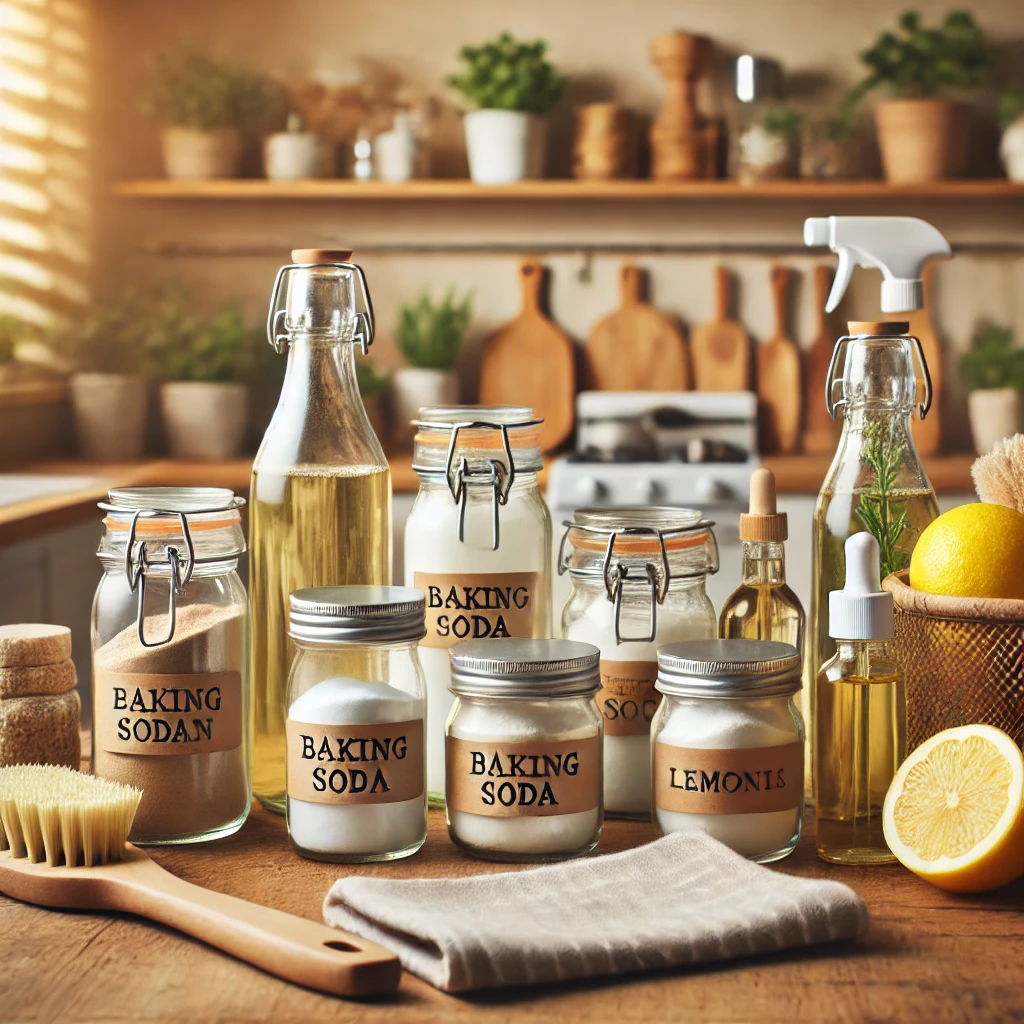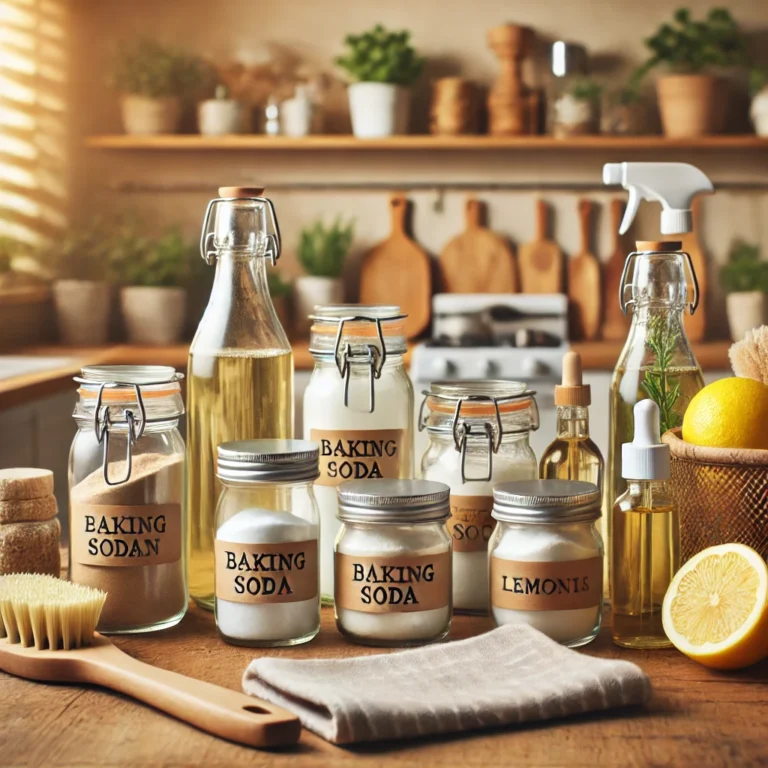Physical Address
304 North Cardinal St.
Dorchester Center, MA 02124
Physical Address
304 North Cardinal St.
Dorchester Center, MA 02124


Looking to clean your home without harming the planet? Crafting your own zero-waste cleaning products is a fantastic way to minimize plastic waste, reduce exposure to harmful chemicals, and save money—all while keeping your living space sparkling clean. With a few simple ingredients, you can create eco-friendly cleaning solutions that work just as well as store-bought options and are gentle on the environment. Here’s a guide to get you started with DIY zero-waste cleaning, tailored for homes around the world.
Zero-waste cleaning is all about using sustainable materials, avoiding plastic packaging, and minimizing waste in every step of the process. Conventional cleaning products often contain synthetic chemicals and are packaged in single-use plastics, contributing to pollution. By creating your own products, you have control over what goes into them, and you can store them in reusable containers, helping to protect the planet.
To get started with zero-waste cleaning, here are some basic ingredients commonly used in DIY cleaning recipes. These items are versatile, affordable, and available in most places.
Example: Sarah, a homeowner in New York, switched to DIY cleaners using baking soda and vinegar. She noticed her cleaning expenses dropped, and she no longer needed to recycle as many plastic bottles. Plus, her home smells fresher than ever!
Here are some easy, effective recipes for making your own zero-waste cleaning products. Feel free to adjust the ingredients based on what’s available in your area.
EcoTipsEveryday Tip: We suggest setting aside a day each month to make your DIY cleaners in bulk. This way, you’ll always have them on hand, and it’s a fun activity to do with family or friends!
Aside from switching to DIY cleaners, here are some additional zero-waste tips for a sustainable cleaning routine:
Creating your own zero-waste cleaning products not only benefits the environment by reducing plastic waste but also protects your health by limiting exposure to harsh chemicals. Studies show that the air quality in homes can improve significantly when chemical-laden products are replaced with natural alternatives.
By embracing a zero-waste approach, you’re making a positive impact on both the planet and your household. This small shift can inspire friends, family, and future generations to make eco-friendly choices that support a healthier world.
Have you tried making your own cleaning products? With just a few ingredients, you can transform your cleaning routine into a zero-waste, sustainable process that’s better for the planet and your home. Embracing DIY cleaners is a simple yet powerful way to reduce plastic waste, avoid chemicals, and even save money over time.
Let us know your favorite zero-waste cleaning recipes in the comments below! What natural ingredients do you use in your routine? Let’s share ideas and inspire each other to keep our homes—and our planet—clean.